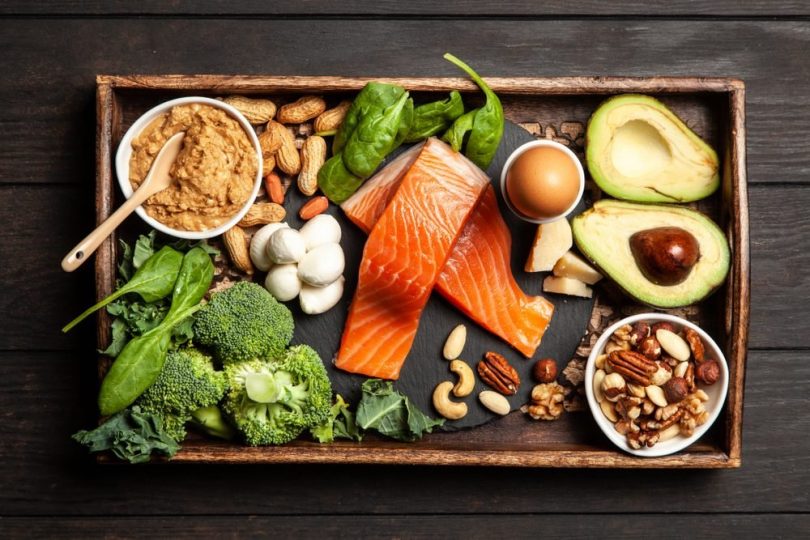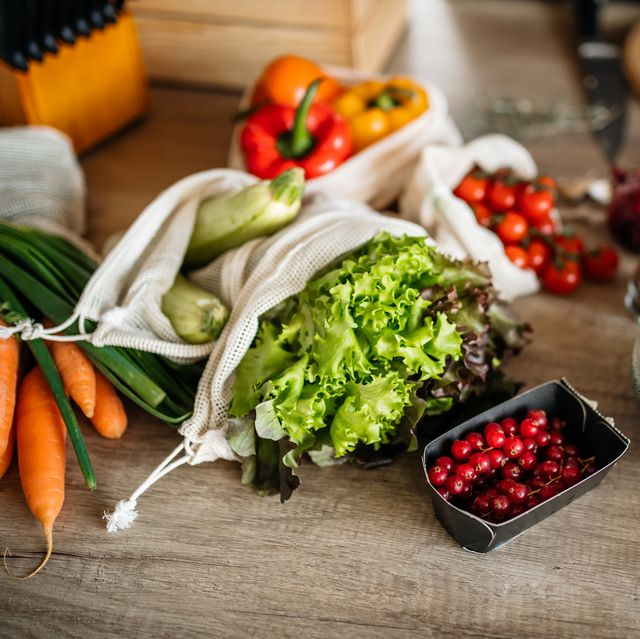Do we’d like carbohydrates in our food plan?
Carbohydrates are important for a well-balanced food plan and wholesome physique. They’re the physique’s most well-liked vitality supply and gas very important organs – together with the mind, central nervous system and kidneys.
Carbohydrate can also be an essential vitality supply throughout train. The digestive system breaks down carbohydrates into glucose and the pancreas secretes a hormone referred to as insulin to assist glucose transfer from blood into the cells.
Consuming a potato, a bowl of pasta, or any kind of carbohydrate-rich meals will not routinely make you fatter. In actual fact, the Australian Dietary Pointers suggest 45–65% of vitality wants to come back from carbohydrates.
Which meals comprise carbohydrates?
Carbohydrates are present in a wide range of meals, together with:
- Grains.
- Legumes (or beans).
- Dairy.
- Fruit.
- Starchy greens (resembling potatoes, candy potato, beans, corn).
- Processed or refined meals (resembling white bread, white rice, scorching chips).
- Sugary sweets (resembling biscuits, muffins and lollies).
Some carbohydrates are more healthy than others. Carbohydrates with decrease glycaemic indexes (or GI) have a slower and flatter blood glucose response. They take longer to digest and can assist us really feel full. Decrease GI meals are much less refined (or processed) resembling wholegrains, legumes and fruit.
What’s a low-carb food plan?
Low-carbohydrate (low-carb) diets are well-liked as a result of they’re primarily based on claims that carbohydrates trigger weight achieve.
Though there are totally different variations, basically low-carb diets limit carbohydrate meals and change them with meals normally excessive in protein and fats to drop a few pounds.
There are lots of unhealthy misconceptions about weight reduction and the claims that carbohydrates could make you fats are deceptive.
Weight achieve comes from an extra in general kilojoules (or vitality), which may come from any meals supply – together with meals decrease in carbohydrates and better in dietary fats or protein.
Typical meals eaten on a low-carbohydrate food plan embody – beef, rooster, bacon, fish, eggs, non-starchy greens, and fat (resembling oils, butter and mayonnaise).
Meals which might be restricted embody – many kinds of fruit, bread, cereals and different grains, starchy greens and a few dairy merchandise (apart from cheese, cream or butter).
Proscribing sure meals can have an effect on your weight
If you’re on a low-carb food plan, and chopping out massive teams of greens, fruits and grains, you will not be getting sufficient very important vitamins to handle your weight successfully. A lot of these diets can improve your threat of micronutrient deficiencies and constipation due to their low fibre content material.
The Australian Dietary suggests there’s a doubtless hyperlink between consuming three to five serves of grain (cereal) meals every day (primarily wholegrain) and decreased threat of weight achieve.
To preserve a wholesome weight, mix a balanced food plan with each day train. A beneficial nutritious diet consists of:
- Fruit and greens.
- Entire grains.
- Lean meats and options (resembling fish, eggs, soy and nuts and seeds).
- Legumes.
- Low-fat dairy merchandise (like milk, yoghurt and cheese).
Dangers of low-carb diets
Very low-carbohydrate diets are unlikely to fulfill your each day dietary wants.
Advocates of those diets advise individuals to devour kilojoules primarily from protein and fats sources – typically recommending consuming lower than 100g of carbohydrate every day.
Many well being professionals don’t assist these diets as they’ll have a excessive fats content material (significantly saturated fats) and limit essential vitamins.
Very low-carb diets have a tendency to limit wholesome meals selections and could also be:
- Excessive in saturated fats.
- Nutritionally insufficient as a result of they’re low in thiamine, folate, nutritional vitamins A, E and B6, calcium, magnesium, iron and potassium.
- Low in fibre.
- Lacking essential antioxidants and phytochemicals.



Leave a Reply